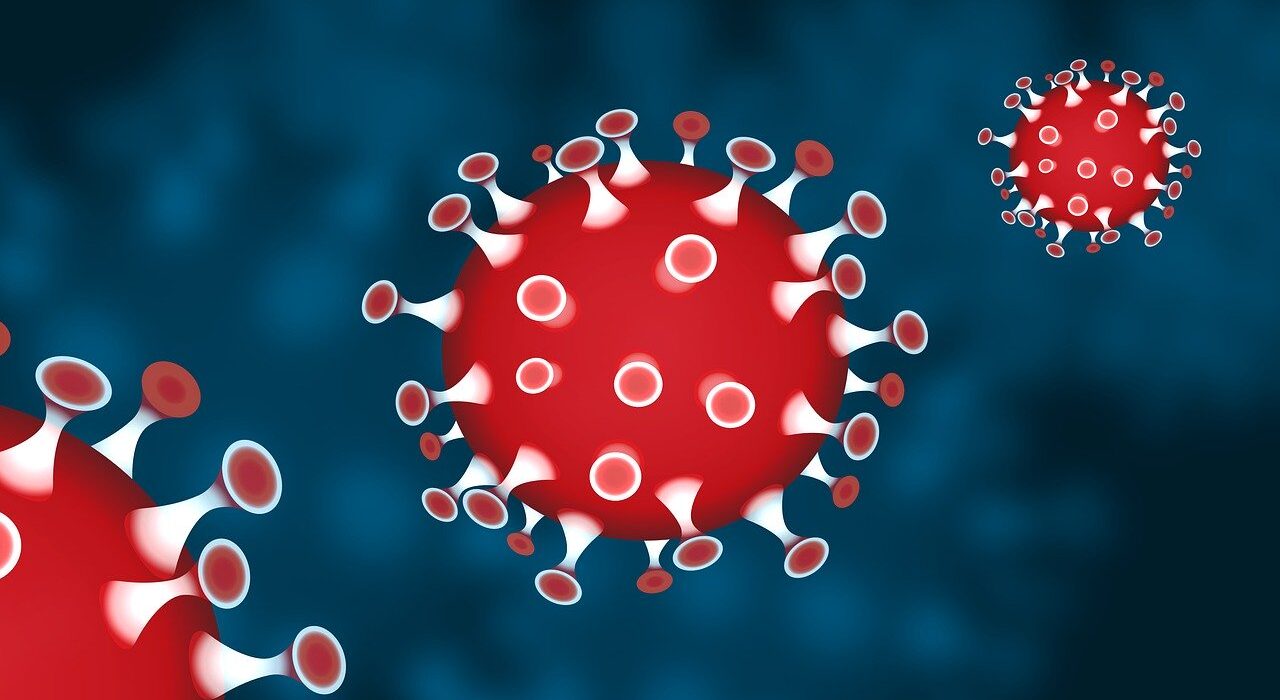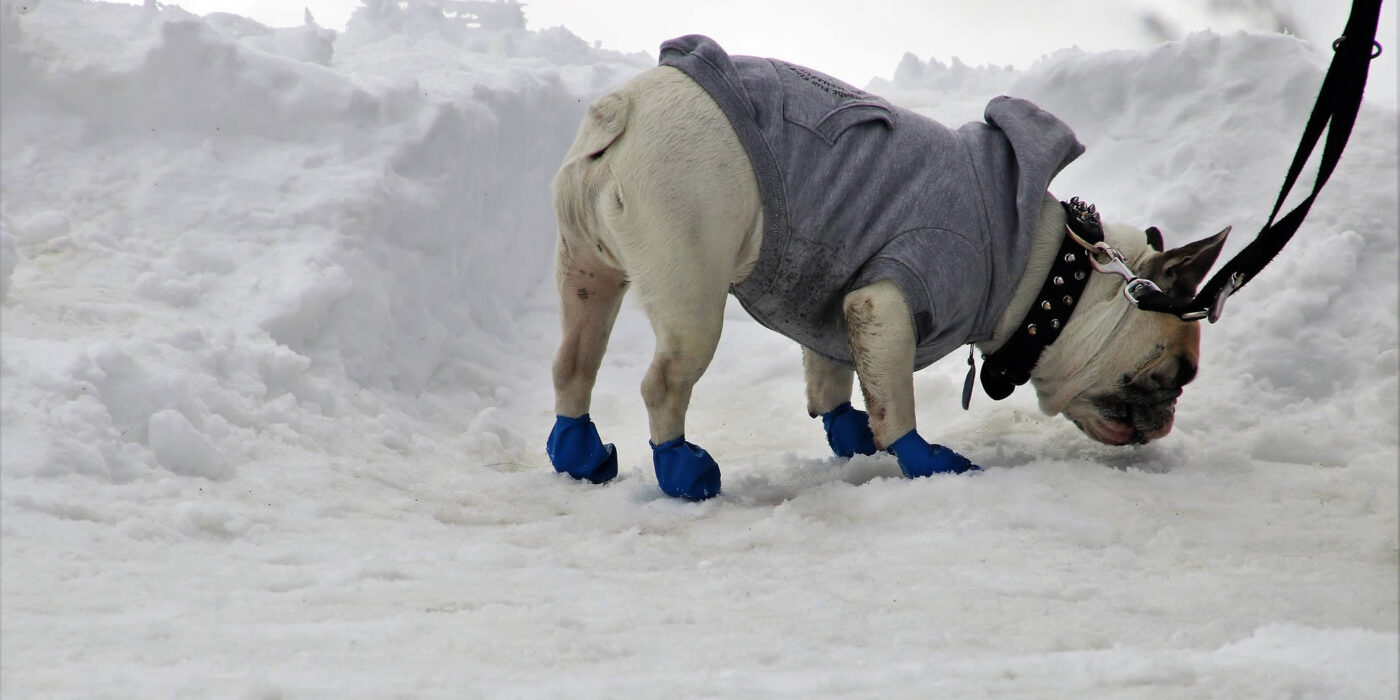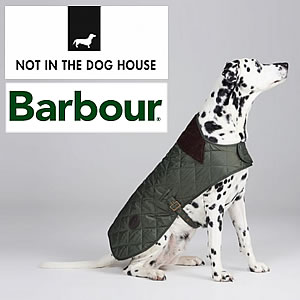Can pets get Coronavirus?
It is unlikely that your pets will pick up or pass on Coronavirus, however recent studies have shown cats, dogs, ferrets, fruit bats, and hamsters can become infected with the virus. Research suggest cats, ferrets and hamsters can spread the infection to other animals within the same species in a laboratory setting and news reports of outbreaks amongst farmed animals like recent outbreaks in Danish Mink farms show the virus can spread quickly if it takes hold in a species.
We know that it is likely that Coronavirus jumped species in order to become a problem for humans. Once a virus mutates and becomes readily transmissible within a species it can quickly spread and this is what we have seen in the human population pandemic. The CDC in America suggests transmission can occur from a humans to pets but it is not clear if there is transmission the other way around from a pet to their owner.
One important thing to note is that your pets are unlikely to become seriously unwell from Coronavirus, but if you have had the virus and your pet/s seem unwell you should consult vets advice on treatment. It is advisable to call your vet and explain the issues before taking your pet to the vet surgery (to protect other animals catching anything off your pet/s).
General precautions you can take to keep your pets safe
Ensure your cats or dogs are not allowed out to roam freely.
Limit close contact with other cats and dogs that are not in your household. When on walks only let your dog or cat off a lead when no other dogs or cats are around. Try not to let your pets share water and food bowls with other pets and especially not with other animals outside of your own household.
What should you do if you have the virus or recently tested positive?
Guidance recommends you treat your pets similar to people, therefore you should take some basic precautions including:
Don’t get too close to your pets, leave others to care for your pets while you isolate.
Don’t feed or share food you have eaten or licked with pets
Don’t allow your pets to sleep in your bed, don’t cuddle or have your pets in close proximity to you while you are sick/isolating.
Wear a mask if you need to have close contact with your pets when you are sick or isolating.
What you shouldn't do
As there is no evidence that coronavirus can spread to people from the skin, fur, or hair of pets. You should not wipe or bath your pet with disinfectants, alcohol, hydrogen peroxide, or other products. Hand sanitiser, cleaning wipes and other chemical based products can be more damaging to your pets skin and health.




